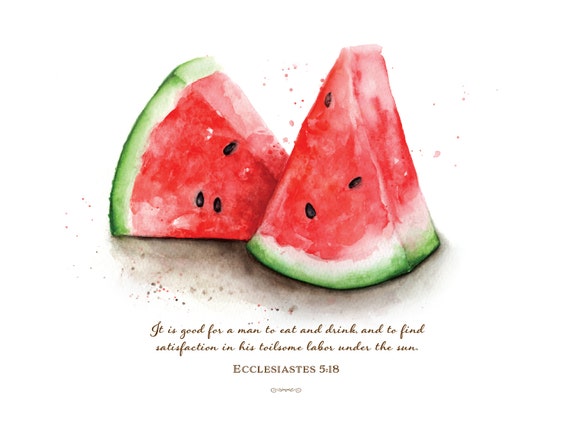

In retaliation, the Turkish soldiers rape the women and murder the men on a macro scale of revenge, even though these specific women have done nothing to them personally. Ostracism of the Other seems to be a key theme which recurs over and over again, both on a personal and a national level, with the microaggressions of the Greek-Cypriots against Adem and Koki seemingly representative the aggressions of the Greek-Cypriots towards the Turkish-Cypriots and the British in their midst on a national level. There's an immersion in memories of the past, both a sense of longing for what was as well as a lingering regret over how things played out over the years. The middle dragged a little as events played out over the five days. Whilst she acted as a sort-of impetus for Koki to keep moving, keep trying to survive, I kind of feel that she could have been replaced by anything (or anyone) else. I loved the way Adem's, Richard's and Koki's stories weaved in and out of each other, I didn't care so much about Serkan (Lefteri admitted that he was a rather two-dimensional character without an arc) or what his whole confusing interaction with the baby was about, and whilst I loved the thread of the rose and the petals and the innocent fairy tale of Maroulla that both starts and ends the novel, she wasn't ultimately very important to the story. Sometimes it's too much-the core of this story feels like Koki's, the way she's caught between Greeks and Turks, an outcast to both groups as much as she is deeply tied to both. Lefteri moves you through the capture of Kyrenia through several viewpoints: Maroulla's childish innocence, Adem Berker's loss and guilt, Richard's longing, Commander Serkan Demir's anger and hatred, Koki's fear. It's beautiful, and sad, setting you up to journey through war-torn Cyprus in 1974.
A WATERMELON A FISH AND A BIBLE FULL
It starts off with this really fairy-tale like sequence, full of symbolism. The best bits of this book are the beginning and the end. Now that I'm writing the review, I'm wavering down to about a 3-star, so I'd say it's a tentative 3.5-star book, just because I'm not sure. Thinking it over, I'm not too sure if the 4-star is impacted by bias. At any rate, I liked it enough despite the fact that it's historical fiction and not fantasy, so *shrug*. Still, this goes to show that it wasn't particularly exciting to me, because I've powered through books in the middle of the night whilst dead-tired because I really wanted to know what happens next. I'm fighting the urge to write only complimentary things because Lefteri is my tutor lol.Īgain, I feel that the reading of this book was slightly impacted by the fact that I was reading it in spurts, mainly while on various trains, and whilst really sleepy. This book was just okay, I cannot recommend it for Christians due to the issues I have identified. There is a lot of violence, it is not disturbingly graphic, just sad. There is no graphic sexual detail although rape is eluded to and the after effects are obvious in the telling of the story. There is a fair amount of bad language and some blasphemy which I didn't appreciate.

The book contains a lot of tragedy and violence.

I believe that it was one of the intentions of the author to make the book more interesting and to keep people reading so maybe it will work for others. The characters stories are cleverly woven together but I found it difficult to understand who they really were until nearer the end of the book which made for confusing reading in places. It is told in the present tense which I found a bit awkward. The story is told from the perspective of several different characters. The book instead relays a personal story of a cultural clash exacerbated by the war in Cyprus. But actually the watermelon, fish and Bible have little if anything to do with the story. I picked this book up in the library due to the title mentioning a Bible. But for some, it is a chance to begin living again. For many people, this means an end to life as they know it. It is July 1974 and on a bright, sunny morning, the Turkish army had invaded the town of Kyrenia in Cyprus.


 0 kommentar(er)
0 kommentar(er)
